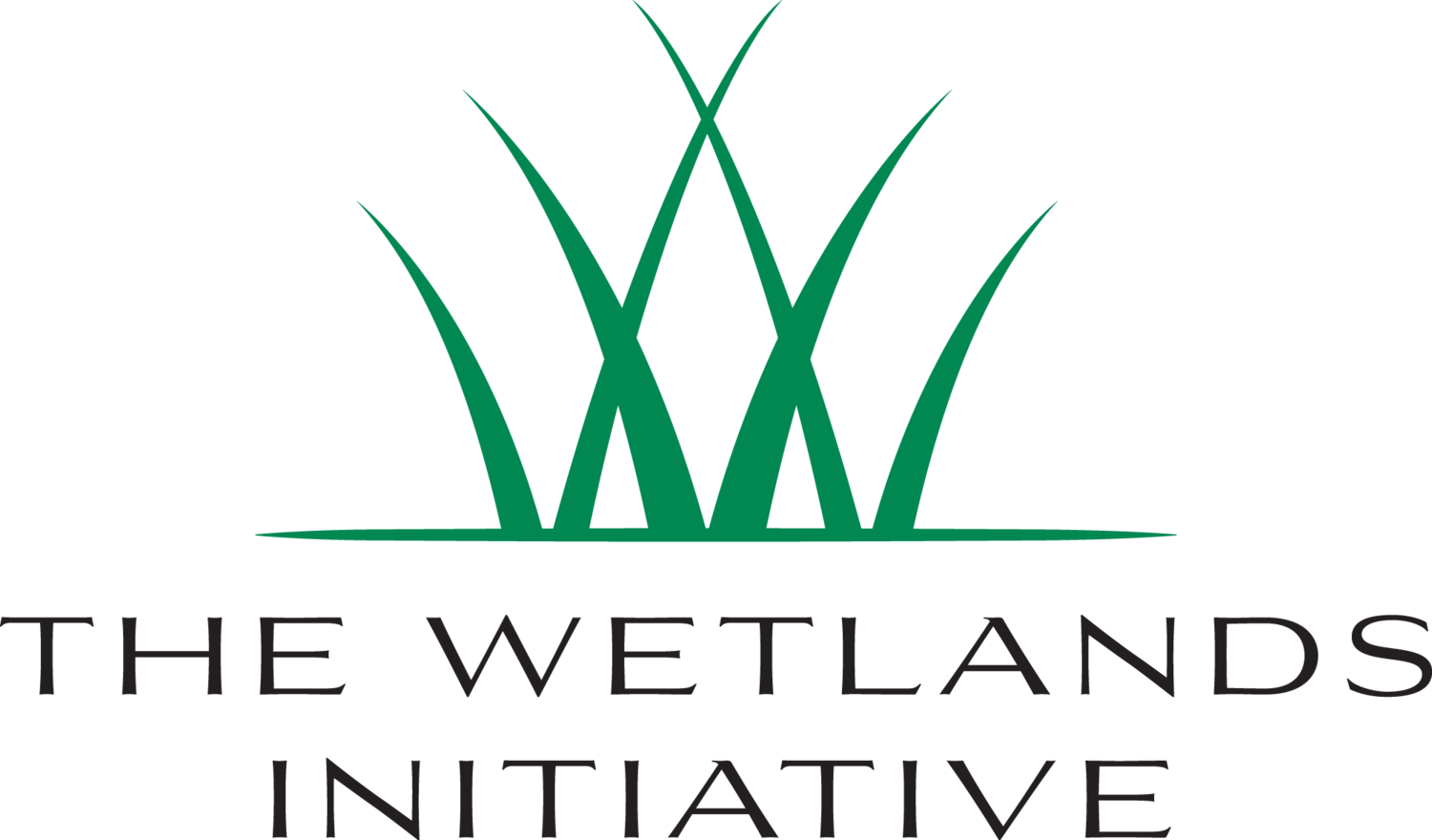Healthy Economy
Because healthy wetlands provide essential services such as removing pollutants from water, storing floodwaters, and sequestering carbon, restoring and protecting them can actually yield economic gains rather than being a financial burden. Without functioning wetlands in the landscape, society must undertake costly efforts to replicate their natural services—or to address the consequences of not having them.
Installing a TWI-designed farm-based wetland to remove nutrient pollution.
Ecosystem service markets are a way to derive direct economic benefits from wetlands. For example, a nutrient credit trading market could be established between wastewater-treatment agencies, which are under increasing government pressure to improve water quality, and local farmers who have installed wetlands on their land to remove nutrient pollution from agricultural runoff—a more cost-effective method than expensive upgrades to treatment facilities. Through such a market both farmers and taxpayers win, not to mention the environment, and there’s a financial incentive to restore even more wetlands.
The basic theory here isn’t a new one: The federal government has successfully implemented a credit trading market for acid-rain emissions under the Clean Air Act. Exploration of markets for wetlands’ ecosystem services is just beginning, but interest is growing as the value of healthy wetlands becomes increasingly apparent. As we say at TWI, wetlands are more valuable wet than dry, and that value can in many cases be quantified and contribute to a healthy economy.
Click here to read more about TWI’s research on nutrient credit trading markets
Click here to learn more about ecosystem service markets of all kinds

